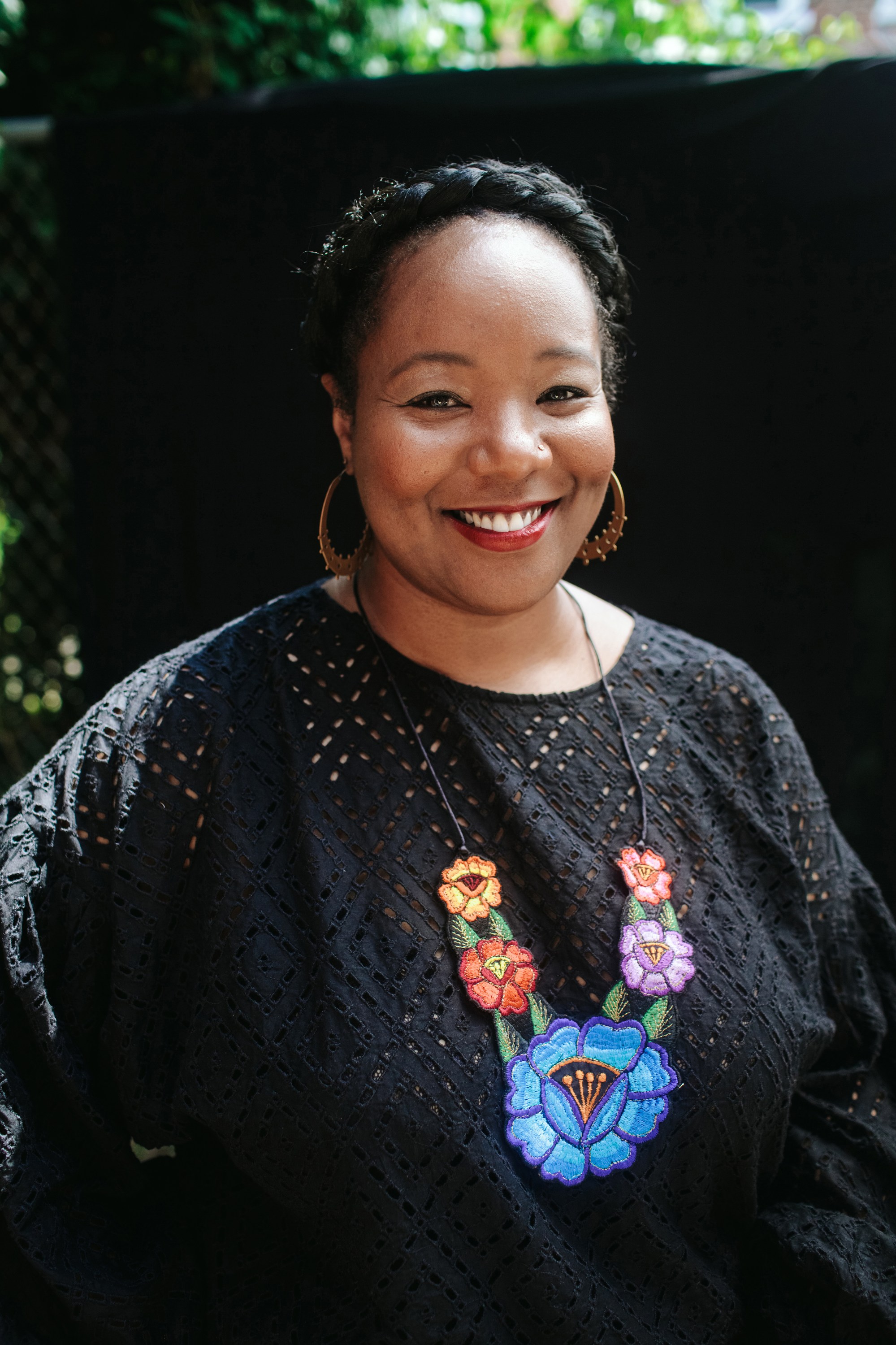
- Festivals
BlackStar Film Festival seeks to Open Doors
As the CEO and Artistic Director of BlackStar Projects which she founded in 2012, Maori Karmael Holmes is doing her part to ensure diversity in representation becomes an unremarkable reality in all roles of the industry.
A writer, curator, and filmmaker, Holmes started the BlackStar Projects in 2012 after noticing a lack of venues for groundbreaking, independent work by Black filmmakers. “My team and I have continued to present this annual festival since 2012, and its popularity and attendance have surged with each iteration. [At] last year’s 10th anniversary, BlackStar Film Festival featured approximately 80 films, including 19 world premieres, and represented 27 countries,” notes the member of the Kennedy Center’s ‘Next 50’ – a list of leaders and organizations honored for attempting to light the way for society through arts and action.
“Understanding that what we consume and how we consume it influences how we see the world,” notes Holmes, who also highlights that seeing people in a diversity of positions and telling stories that reflect a different viewpoint widens understanding and allows the disenfranchised the opportunity to know they are not alone. “We curate every aspect of our events to be intentional community-building efforts, connecting diverse audiences in a Black-led space centered on joy and thriving.” Included in the festival is a celebration of visual storytelling traditions of the African diaspora and global communities of color — showcasing films by Black, Brown, and Indigenous people from around the world. She heralds proudly, “Our aim is to connect these filmmakers to new opportunities and audiences.”
Of utmost relevance is inclusion beyond the lens. For entertainment which has been battling to achieve a range of people in front of the camera, Holmes emphasizes the importance of crashing beyond the glass ceiling to allow access and expand the experience of all who want to participate. She wants to see opportunities afforded to casting directors, teamsters, and others below the line.
“I’ve seen friends’ social media pages, where the DP is a person of color, but the entire crew is white, and that person has a mask on and goes into the office to get a sandwich, and someone is asking them what they’re dropping off, right?” That reflection of questioning people of color in roles others expect to be held by Caucasians is part of the daily infractions that are endured but not noticed as insulting by those in privilege.
“What do professional PAs look like?” she asks. “What are the entry-level jobs to get into the union? What do those jobs look like? The makeup artist, the hairstylist, thinking about the entire art department. How do we make sure that is also being more expansive?”
BlackStar highlights those people. “Our festivals, seminars, and in our journal, Seen, we profile production designers, costume designers, DPs and editors, and are always trying to make sure that those people are part of the conversation and that there’s a highlight on them, and not only a highlight on the directors and the actors.”
As a hairstylist to the stars, Cheryl Bergamy recently commented on this site, that a lack of representation has an expansive effect on closing the doors of opportunity. Agrees Holmes, “We have to recognize that having enough stylists who have experience with differently textured hair to work on those in front of the camera is a tiny example of what we are addressing.
“Training should be expansive enough to be able to address everyone in the room,” notes Holmes, and unfortunately, [it] isn’t, usually. I don’t know exactly how people get chosen but I’ve definitely had the experience of having to bring my own everything. I spent time as a dancer and in theater,” says the creator of the BlackStar Film Festival, “and had to bring my own makeup to set, and had to come with my own hair done, and had to be prepared because I knew that the people who were hired would not know what to do with me. That is still true for a lot of people today. The extra preparation, the extra resources that you have to have at your disposal, or your own experience, people learning to do those things themselves because someone isn’t going to be available.” In a world that is so competitive any hurdle that keeps you from achieving is magnified.
“I think that’s very much part of that unseen funnel,” acknowledges Holmes. “Sometimes people literally aren’t seen. So, I wonder if people are getting their hair done last because someone is like, ‘I don’t even see this person as being a model, so I’ve missed them in my brain.’ I think that is also something that we don’t talk about enough. People being overlooked because we’re not trained to think about this person as being worthy or right for a certain position.”
The 11th BlackStar Film Festival 2022 runs August 3 – 7, 2022 in Philadelphia. Due to Covid-19, it will be a hybrid format.